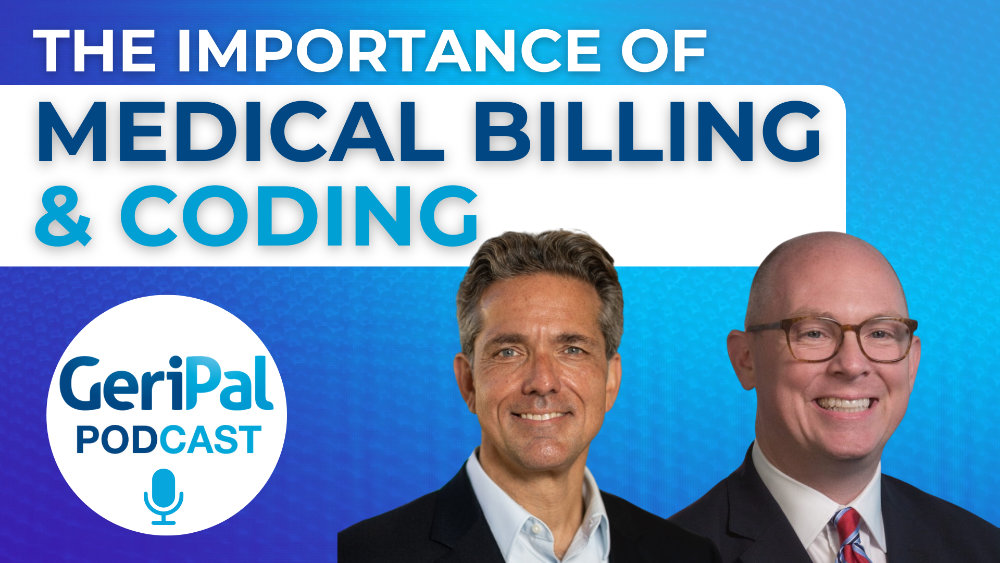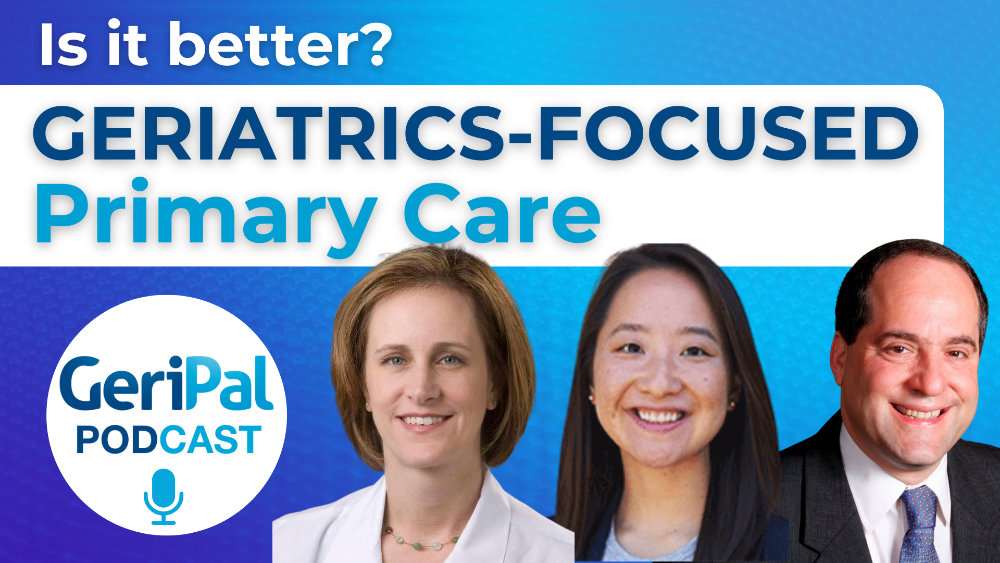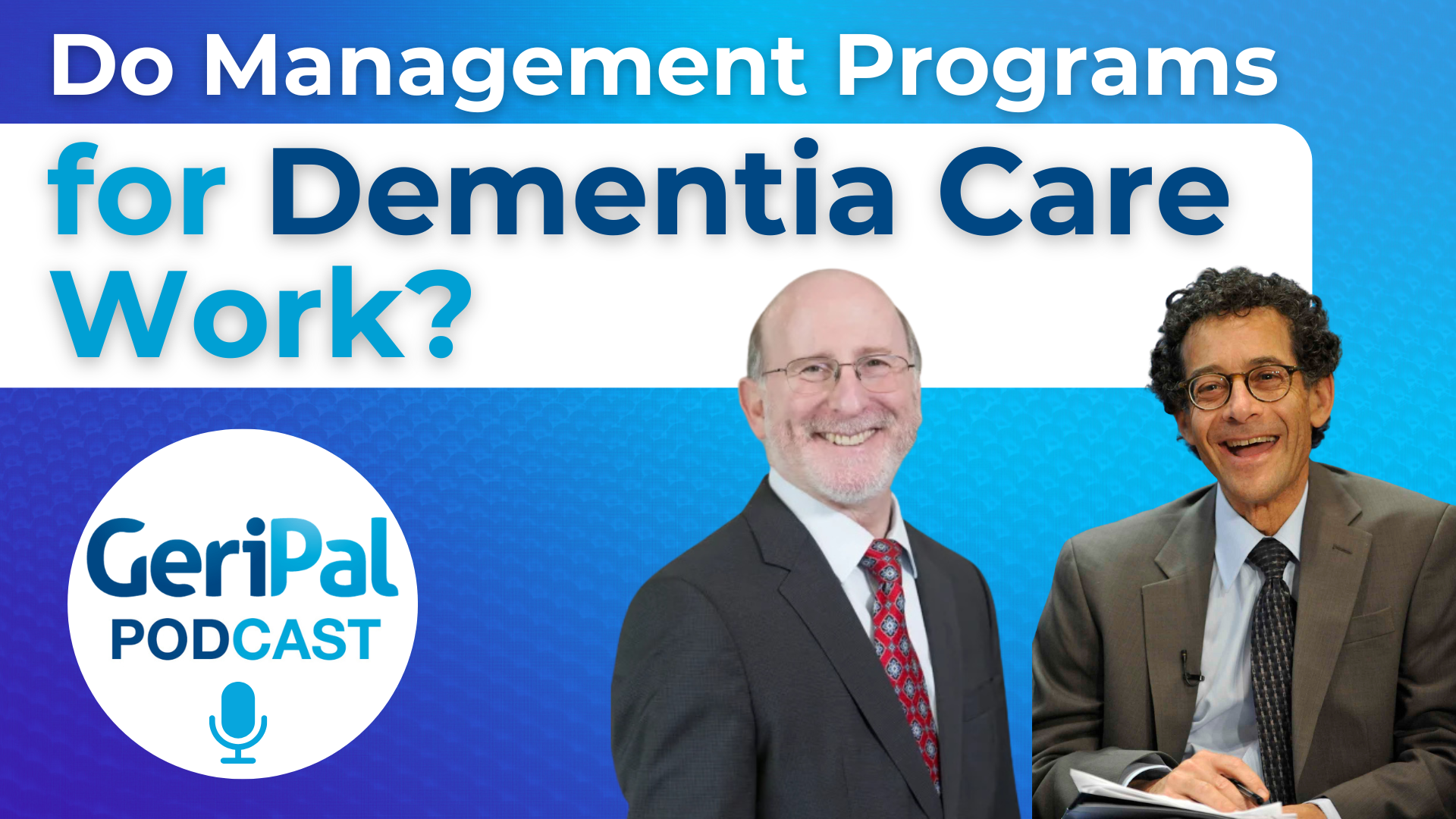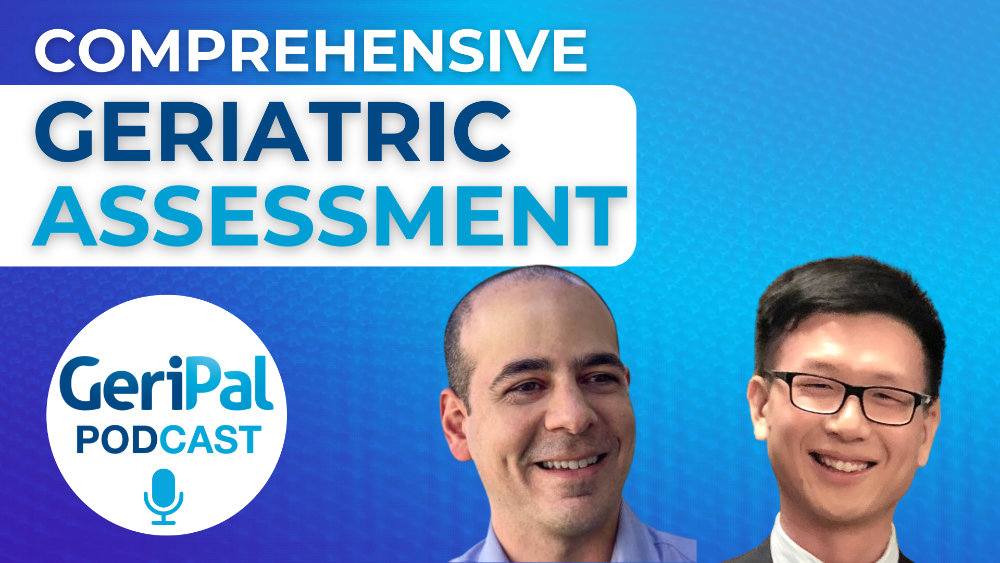

I wanted to highlight a recent article in the NYTimes by Peter Bach entitled, “After a Diagnosis, Looking for a Magic Number” He recounts how after his wife was diagnosed with breast cancer, as a cancer epidemiologist himself, he arranged to see a breast cancer oncologist and researcher and asked him about her prognosis. This researcher refused, saying that as soon as the patient and husband could point to a “probability of recurrence would cause us to make different choices”, he would not provide them this information.
The comments seemed quite divided. Some respondents thought the doctor was wise, that providing a “number” would only distract from the goal of doing everything you can to maximize your life in the limited time you have. Others thought that the doctor was condescending, that the doctor wasn’t treating these patients as adults.
As a researcher who thinks about prognosis, I am clearly not unbiased in my views, so would love folks thoughts on this.
Not surprisingly, I don’t agree w/this oncologist’s view. I think it is very difficult to be the 1st one to plant the stake in the ground: It’s hard for a patient or loved-one to say if the risks are >50%, then we would (or would not) do X. Similarly, it is hard for the doctor to broach this subject because predicting the future opens us up to being proven wrong. However, because it is hard and uncomfortable on both sides, this conversation is too easily put off, until it is too late. Thus, I believe that the default posture of clinicians should be to discuss prognosis in cases of possibly life-limiting illness.
That said, this specific situation of a husband who is a physician-epidemiologist may be a reasonable situation to not discuss prognosis. The husband is going to be able to get ballpark estimates himself, and I think the marginal increased precision of prognostic estimates from the breast cancer specialist is probably of dubious value.
by: Sei Lee



